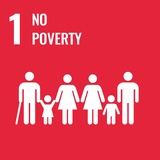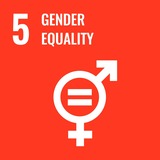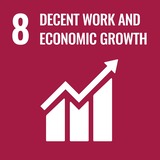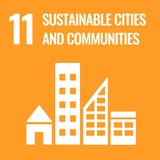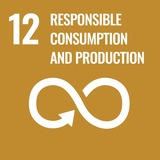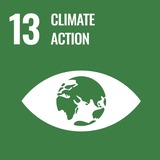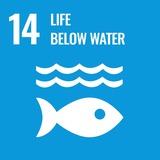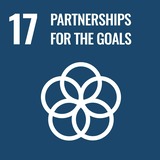Our Technology
We use technology to keep plastic out of the sea by collecting, tracking and recovering it with full transparency.
CleanHub’s trash tracking technology creates a transparent audit trail to maximize your impact and ensure what you’ve signed up for is what’s happening on the ground.
Built for transparency
Proof of work is uploaded via the CleanHub app throughout the collection, sorting and processing of plastic waste. That's how we provide the digital evidence for every kg of plastic that did not end up in our oceans.
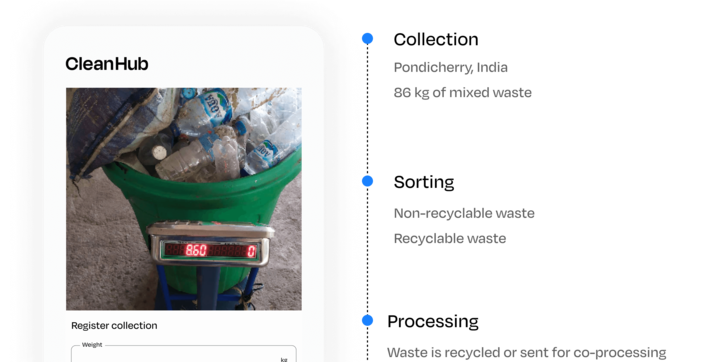
Register intaken waste with QR codes
Collectors register a collection simply by scanning a QR code & snapping a photo of the waste they’ve collected. Using the phones they have in their pockets.
An audit trail from the first step
When entered into our app, this one photo provides a powerful set of data points for the system to process as it creates an audit trail.
Predict bag composition and weight
Machine learning models predict what each bag is composed of and the approximate volume and density of the bag. All from that single photo.
Prevent fraud with image deduplication
If the weight doesn’t match what’s been input, workers take photos from different angles. Machine learning then searches for discrepancies.
Anti-greenwashing guarantee
This is a real-time feed of the data coming into our system from our collection hubs. Each event on the feed represents collected plastic being registered, sorted and responsibly disposed of.
We’re the first plastic credit system to be verified by TÜV SÜD ISO 14064-3:2020.
Ensuring compliance & safety
Waste collectors play a pivotal role in the work we do. That's why CleanHub’s technology is designed to meet international social compliance standards - ensuring that their safety comes first.
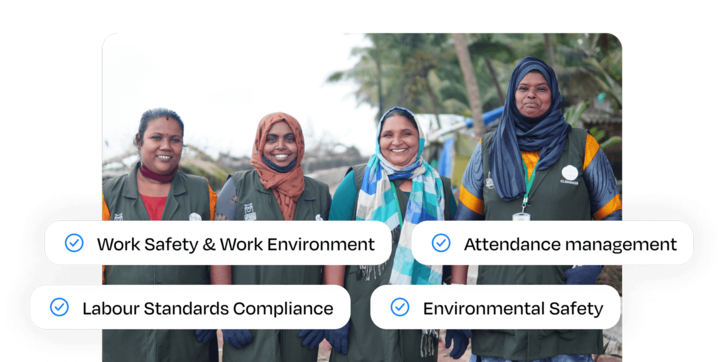

Keeping employees safe
With computer vision and object detection integrated directly into the CleanHub app, auto-flagging for and reviews of safety compliance violations.

Staying ahead of regulations
CleanHub technology is TÜV SÜD verified, ensuring operations stay compliant with worker safety regulations.

Meeting social goals
We use the United Nations’ best practice of extended producer responsibility as a basis for our compliance checks.
FAQs
Recyclable goods are sold for local recycling. Non-recyclables are sent for co-processing. Co-processing refers to the simultaneous recycling of mineral materials and recovery of energy in the process of cement manufacturing and achieves a superior environmental performance as compared to landfill and incineration. For co-processing recovery we partner with Geocycle. To learn more, read our blog - What happens to the collected waste
Recovering plastic from the environment involves three distinct operations. Firstly the collection of the plastic, secondly the sorting of plastic into its unique types and thirdly the safe and final treatment. We digitize the recovery of ocean bound plastic from start to finish. Our Hubs use our technology to track the full collection process, which means we can verify every piece of plastic that is collected and what happens to it after we take care of it.
Our trash-tracking technology provides real-time evidence of your brand’s impact. So you can share your efforts, with full transparency.
The audit trail of collected plastic being registered, sorted and responsibly disposed provides the digital evidence for every kg of plastic that did not end up in our oceans. We verify true impact and take measures against externalities and fraud. CleanHub is the first plastic credit system verified by TÜV SÜD under the ISO 14064-3 standard setting a new benchmark for transparency and rigor within the plastic credit market.
Support a Cleaner Planet
Your brand can have direct impact and help to expand into more coastal communities.
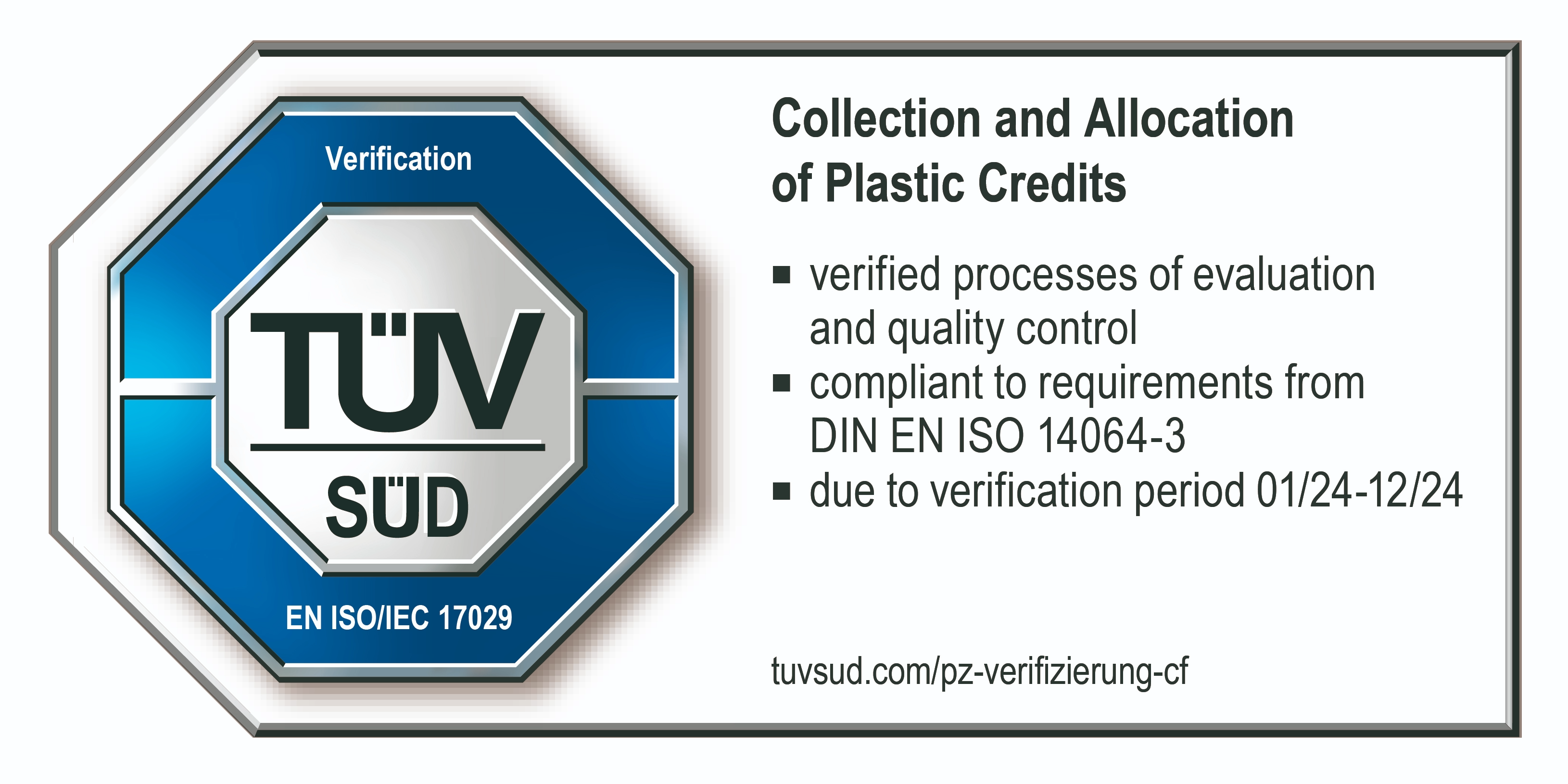
We're the first plastic credit system verified by TÜV SÜD

Cookie Policy
Cookies help us deliver our services and to improve the product. You can find more information on our Cookie Policy.

